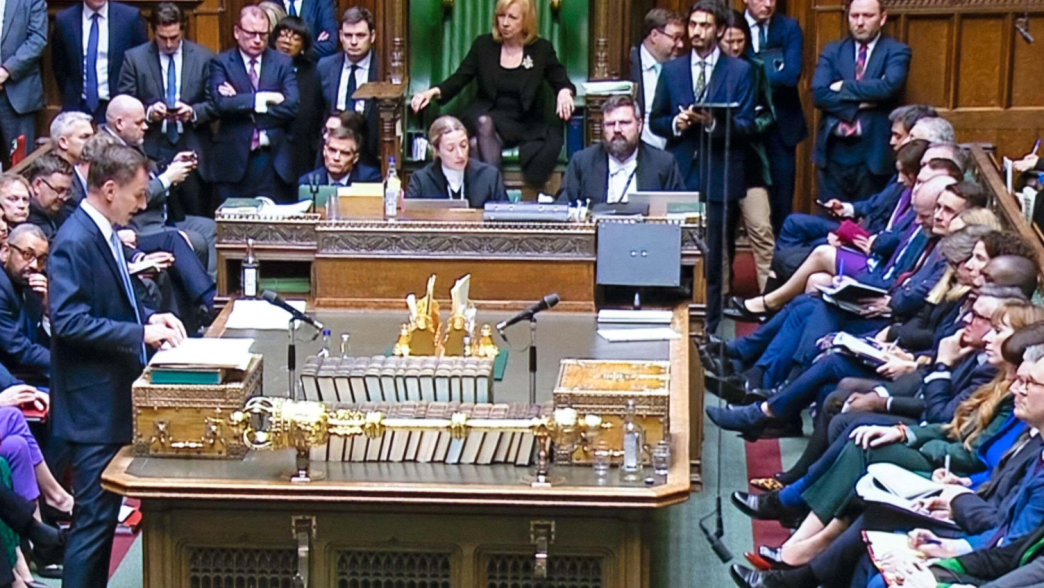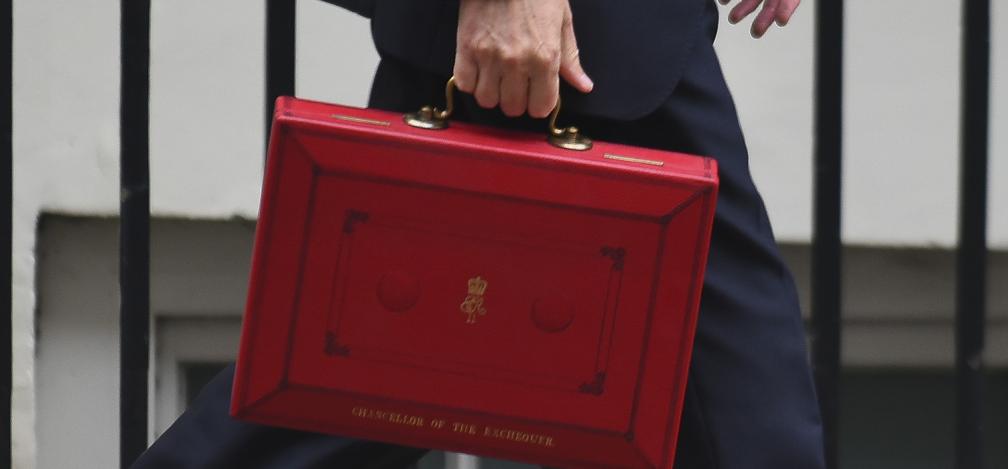Jeremy Hunt's 2024 spring budget highlights our politicians’ pretence over public spending
The figures that Hunt announced are based on fictitious future spending plans.

Hannah White says the public are being let down by both the government and Labour pretending their plans for public spending are affordable but making no attempt to explain how they will add up.
Strengthening the UK’s fiscal framework: Putting fiscal rules in their place
The UK’s fiscal framework, including a flawed set of rules, is incentivising bad policy decisions shaped by short-termism and fictional spending plans – and does little to promote fiscal sustainability.
Read the report